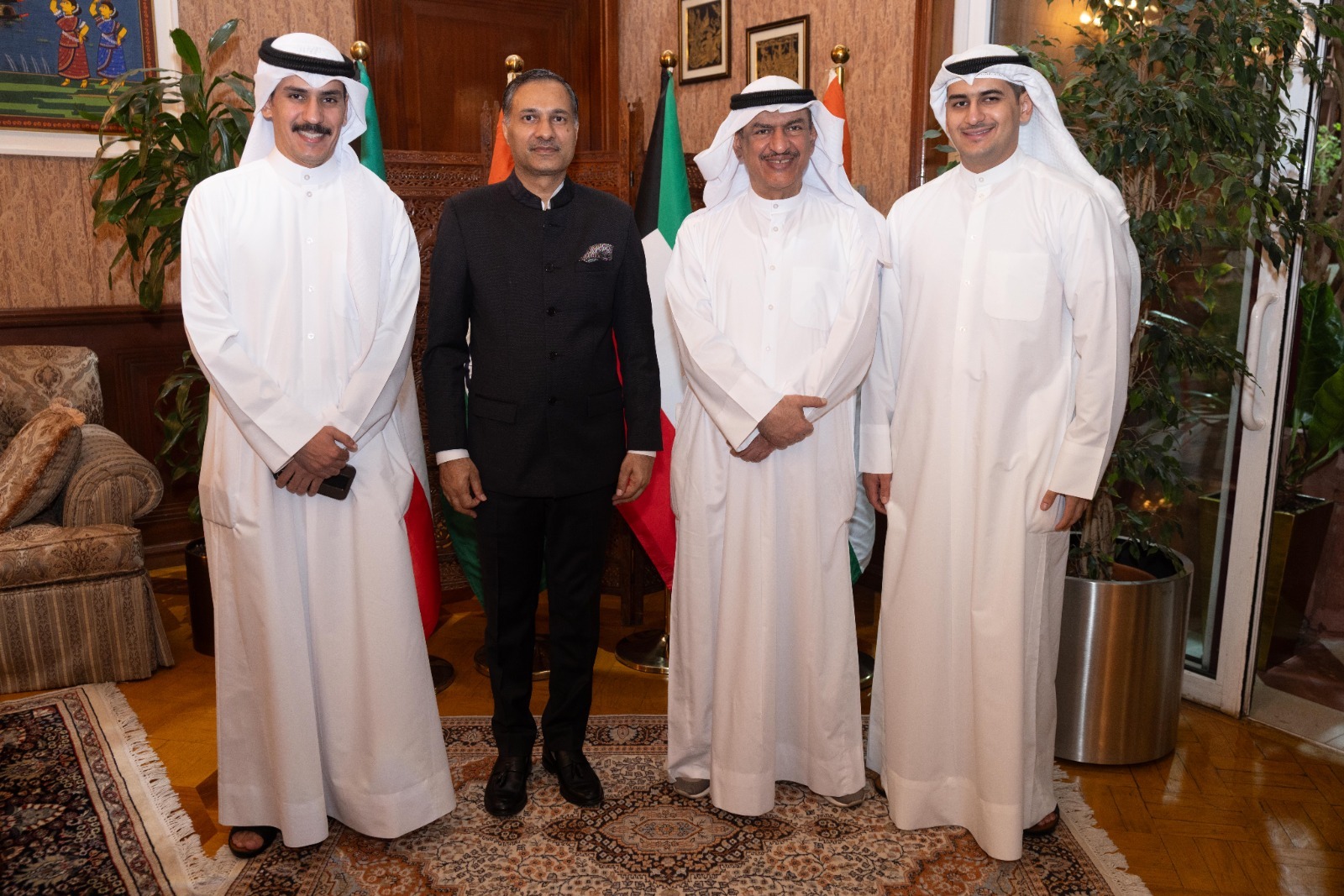Kuwait is a pioneer in providing high-quality healthcare to every home by delivering it right to the doorstep
The Minister of Health affirmed that the launch of the home healthcare service for children represents a qualitative leap in the development of Kuwait’s healthcare system, in line with the New Kuwait Vision 2035. He stressed that protecting citizens’ health and ensuring their well-being remain the Ministry’s foremost priorities.
Speaking at the launch ceremony, Minister Dr. Ahmad Al-Awadhi explained that this pioneering service goes beyond traditional treatment programs, introducing a fundamental shift in healthcare philosophy by delivering services directly to children in their homes.
This allows, he said, children to remain in their familiar family environment while receiving comprehensive, high-quality medical care, reports Al-Rai daily.
The program targets children under 14 years of age, especially those with chronic and advanced illnesses, special needs, and palliative care requirements. An integrated medical team — including doctors, nurses, therapists, nutritionists, social workers, and psychologists — has been deployed to ensure holistic care that improves quality of life and eases the burden on families.
During the first half of 2025 alone, the program’s medical teams carried out more than 872 home visits, providing essential care to children in need. These efforts helped reduce prolonged hospital stays, cut down waiting lists, and improve health indicators for the beneficiaries.
Dr. Al-Awadhi emphasized that the initiative not only enhances patient care but also alleviates pressure on hospitals, creating a practical model for integrating primary and community healthcare. He praised the dedication of medical, nursing, and administrative staff for making the initiative a success and highlighted the unwavering support of Kuwait’s leadership, which recognizes health as the foundation of a productive and prosperous society.
The Ministry’s official spokesperson, Dr. Abdullah Al-Sanad, said the new service is part of Kuwait’s ongoing efforts to improve healthcare quality for citizens and residents. It also aligns with the National Development Plan’s vision of ensuring “health and well-being for all.”
He explained that the service will deliver preventive, diagnostic, therapeutic, and rehabilitative care directly to children’s homes, sparing them the stress of repeated hospital visits. The target groups include children with chronic conditions such as heart and metabolic diseases, certain cancers, disabilities, and those in need of advanced or palliative care.
The multidisciplinary teams will consist of pediatricians, nurses, pharmacists, and specialized technicians capable of operating vital medical equipment such as respirators and heart machines. Eligible cases will be referred by hospitals, after which parents will be contacted and visits scheduled. All records will be documented securely within the Ministry’s systems.
Saud Al-Mutairi, representing the Islamic Heritage Revival Society, praised the initiative as part of a joint cooperation protocol with the Ministry of Health. He emphasized that this reflects a sustainable partnership aimed at supporting healthcare projects with strong humanitarian and social dimensions.










